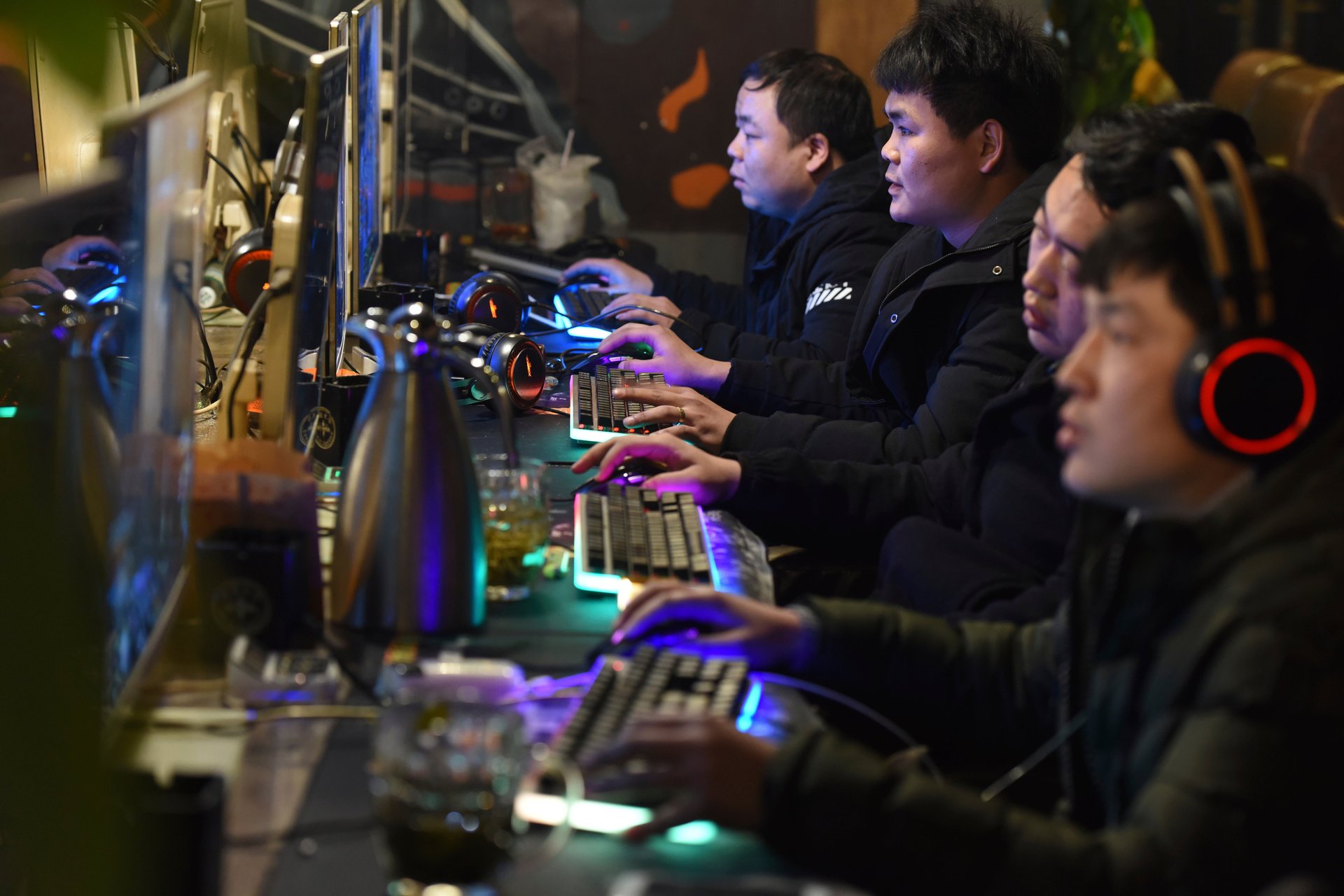China approves 105 online games after draft curbs trigger massive losses
China's authority in charge of press and publications has approved 105 online games, saying it fully supports the industry after newly proposed curbs caused massive losses for major game companies

BANGKOK (AP) — China’s press and publications authority has approved 105 new online games, saying it fully supports the industry after proposed curbs caused massive losses last week for investors in major games makers.
Suggested Reading
The National Press and Publication Administration issued a statement on its WeChat social media account Monday saying the approvals by the Game Working Committee of China Music and Digital Association were “positive signals that support the prosperity and healthy development of the online game industry.”
Related Content
Tencent's “Counter War: Future” and NetEase’s “Firefly Assault” were among games approved.
Draft guidelines for curbs on online gaming had caused share prices of video game makers like Tencent and Netease to plunge on Friday, causing losses of tens of billions of dollars and dragging Chinese benchmarks lower.
The administration's guidelines said online games would be banned from offering incentives for daily log-ins or purchases. Other restrictions include limiting how much users can recharge and issuing warnings for “irrational consumption behavior."
On Friday, Netease's Nasdaq-traded shares fell 16.1% while it's Hong Kong-traded shares sank 25%. Tencent's closed 12% lower. Huya Inc., a smaller online games maker, lost 10.7% on the New York Stock Exchange. Overall, the companies lost tens of billions of dollars in market value.
Hong Kong’s market was closed Monday for the Christmas holiday. Share prices in Shanghai were flat.
The Press and Publication Administration said that in 2023, 1,075 game version numbers had been issued, of which 977 were domestically produced and 98 were imported.
It also cited a “2023 China Game Industry Report” that it said showed sales revenue for the domestic online games market exceeded 300 billion yuan ($42 billion) in 2023, with the number of people playing the games reaching 668 million.
“The Game Working Committee hopes that member units will take this opportunity to launch more high-quality products, promote high-quality development of the online game industry, and contribute to promoting cultural prosperity and development and building a culturally powerful country,” it said.
China has taken various measures against the online games sector in recent years.
In 2021, regulators limited the amount of time children could spend on games to just three hours a week, expressing concern about addiction to video gaming. Approvals of new video games were suspended for about eight months but resumed in April 2022 as a broader crackdown on the entire technology industry was eased.